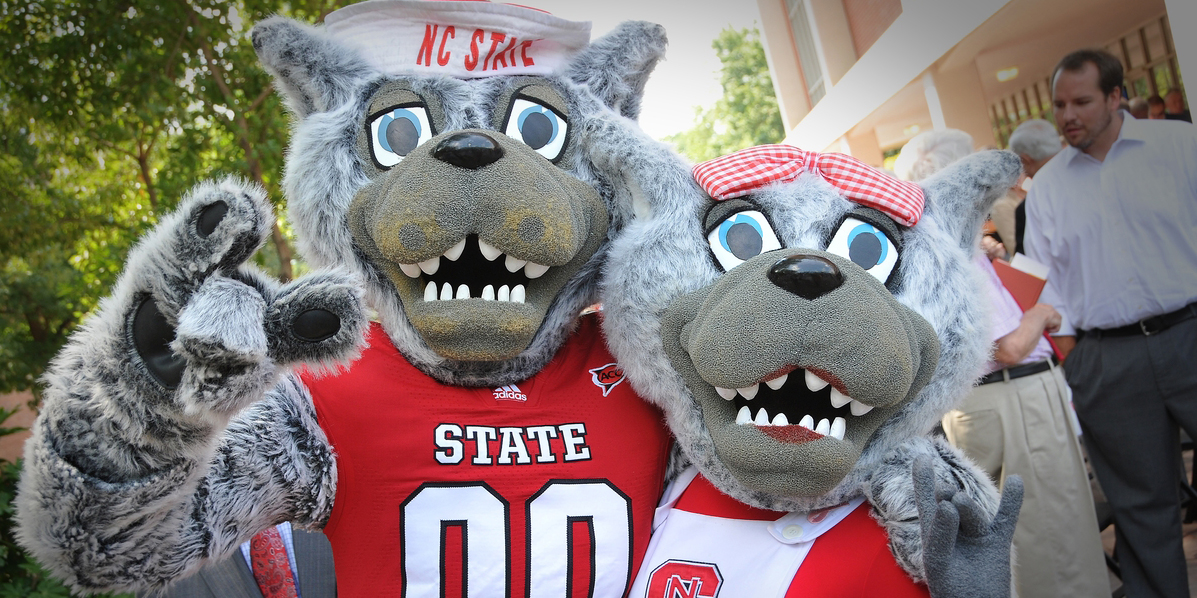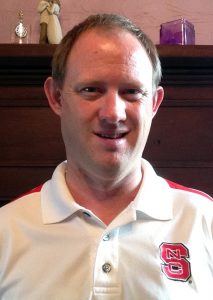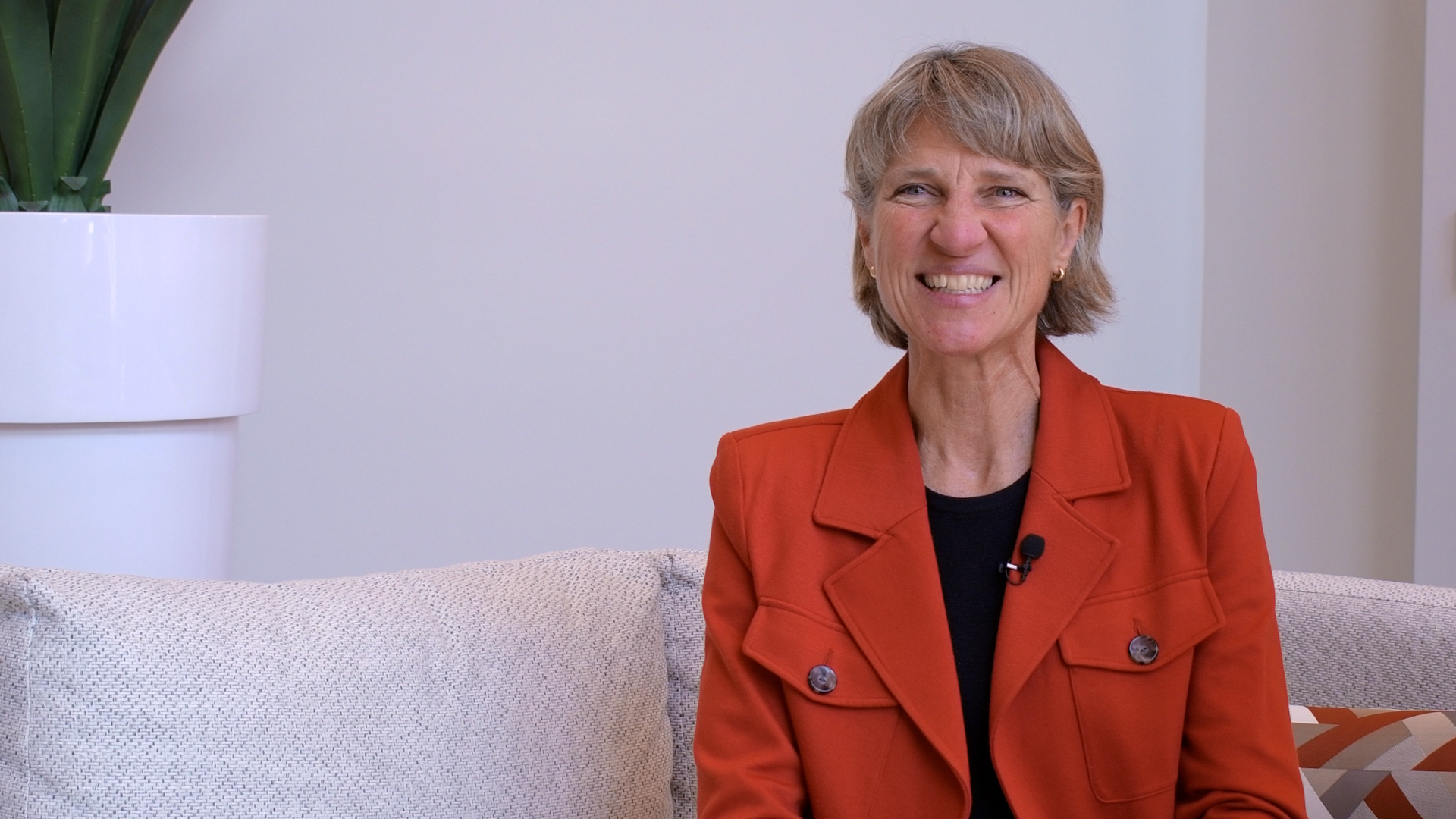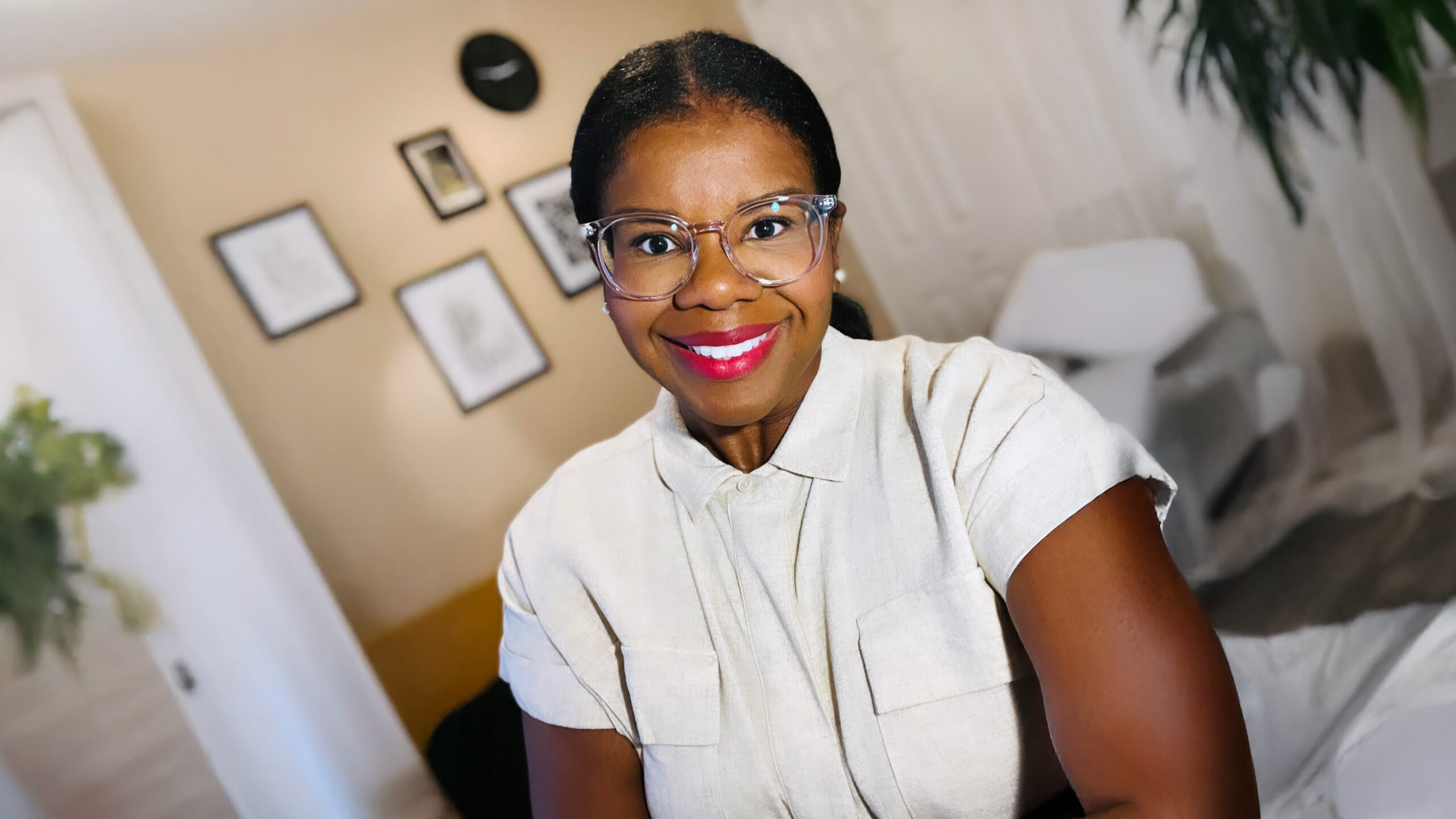Spotlight On Scholarship Recipient and Doctoral Student Michael Shane Fletcher

Michael Shane Fletcher, PhD candidate in literacy in Teacher Education and Learning Sciences, was awarded a scholarship to present his dissertation research at the NC Reading Association Conference on March 14, 2016. Michael is pursuing his Ph.D. as a part-time student while teaching 6th grade in Robeson County.
Please tell us about your recent award and your research.
I am concluding my work on my dissertation, Finding Their Voices: A Narrative Inquiry of Native American Males Who Struggle with Reading, for my Ph.D. in Curriculum and Instruction – Literacy. I conducted a qualitative research study focused on a narrative inquiry collective case study approach of six American Indian male students who struggle with reading. The NC Association of College Professors of Reading, a council of the North Carolina Reading Association (NCRA) and the International Literacy Association (ILA), has awarded me a poster session with paid registration for the annual state reading conference at the Raleigh Convention Center held in March to present my research.
Why did you choose to get your doctoral degree at NC State?
I chose NC State because of alumni recommendations and flexible scheduling for doctoral students that allowed me to continue working full-time as a teacher in Robeson County. My first exposure to NC State was through the original New Literacies Institute held in 2009 at the Friday Institute, where my advisor, Dr. Hiller Spires, who is now the chair of my dissertation committee, collaboratively worked with colleagues at NC State and other institutions to implement. It was an amazing thing to witness the collective learning that took place across departments, businesses, and higher-learning institutions. That one-week event set the stage and grounded me in my program at NC State.
 What do you think is innovative about the college’s doctoral programs?
What do you think is innovative about the college’s doctoral programs?
The technological innovations at NC State has supported my doctoral program by providing me access to colleagues, resources, and instructors; these collaborative tools support my classwork and my research, and inspiration for excellence. I have watched and listened to my professors and colleagues here grow and transform along with these innovations, changing the way they approach research and conversation.
How have your experiences been working with faculty thus far? Please elaborate on how you personally work with faculty in the classroom and beyond.
I believe the integrity of professors and staff at NC State demonstrating collaborative work across departments has been one of the most rewarding and inspiring things I’ve experienced here. That has been true from the New Literacies Institute all the way through my dissertation committee. Every single person I’ve encountered on staff at NC State in my program, professors and support staff within the College of Education and in other departments, such as the libraries, has demonstrated a professional investment in my success as a student and as a doctoral candidate. It may be true that NC State is the largest university in North Carolina, yet for me it has maintained a down-home feel to it. That takes commitment and work by everyone. It is also something I will take with me in any role I play in the future.
What has been your top experience in the doctoral program so far?
Interestingly enough, my top experience in my program, aside from the New Literacies Institute, was my oral and written comps. The dreaded terms of my academia experience turned out to be one of the most rewarding. During my oral defense, an academic conversation was held among my committee members, for which I was treated as an equal in the conversation in regards to knowledge, but awed to sit back and listen to the way my committee conversed about my topic. I left that meeting feeling they not only supported my work, but also were enthusiastic about what potential contributions it would have. That was empowering!
- Categories:


